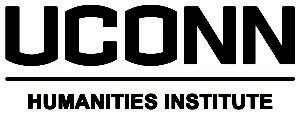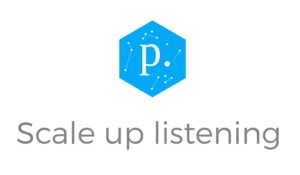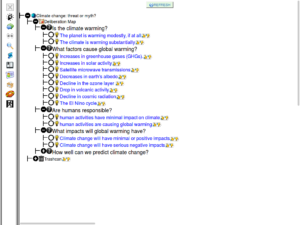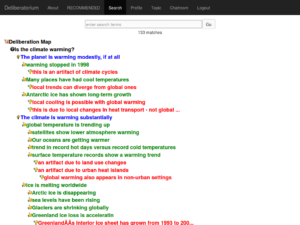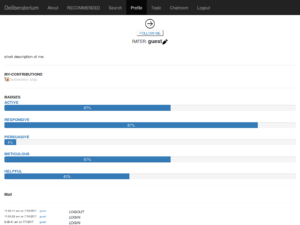This project is novel in its ambition to explore the potential of representation-centric platforms and empathy inducement to improve the intellectual humility of dialogue in online news commentary. The field experiment will recruit ordinary citizens who usually read online news and randomly assign them to experience different online news environments.
The representation-centric platforms, Deliberatorium and Pol.is, have been chosen because early pilots suggest their potential to cultivate intellectually humble dialogue, and they are designed to promote different forms of discussion. Deliberatorium is more restrictive in its requirements of relatively dispassionate reason-giving; Pol.is more open to a broader range of dialogue types and potentially a more emotional understanding of the perspective of others.
The experiment will investigate the role of empathy by randomly assigning half of the groups to receive perspective-taking instructions aimed at inducing participants to be more open to people and ideas with which they disagree.
The project will also field-test a set of measures for investigating intellectual humility in online environments.
We thus test the ability of the online platform (environment), a psychological intervention (individual instructions), and the interaction of the two, to promote intellectual humility.


